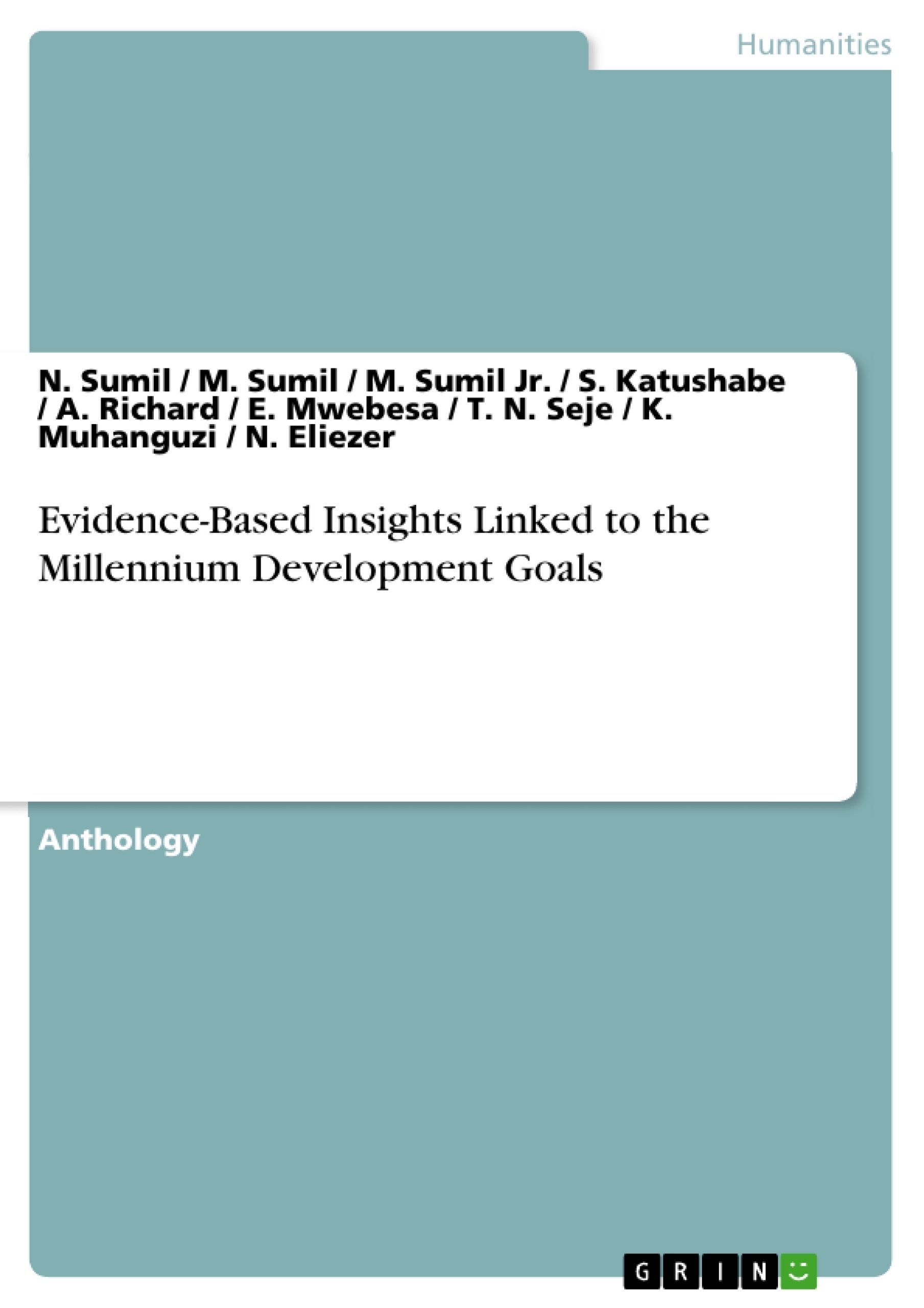The September 2000 United Nations Millennium Declaration was never an option but a felt need for global development and sustainability in the aspects of poverty reduction, universal primary education, gender equality and women empowerment, child mortality reduction, maternal health improvement, fight against HIV/AIDS, malaria and other diseases, environmental sustainability and global partnership for development. Is the millennium development goals’ path cleared for completion?
Sustainability is the answer rather than end the MDGs. For this reason, the Sustainable Development Goals (SDGs), a new development agenda, has been conceived to continue in the next fifteen years what the MDGs have started and may have to be applied to all countries for societal peace, more job opportunities and a global agreement for climate change.
The success of the MDGs and SDGs should be an obligation and a responsibility for everyone on this planet. There are numerous ways to get involved in every individual’s way such as in education, research and social responsibility. With the good intention to contribute to the SDGs new agenda through empirical research, this book reflects some evidence based findings from seven studies done in Uganda and Philippines. Shaped from these empirical studies are the insights and recommendations meant to shed light and broaden the horizons of the policy experts involved in the transition from MDGs to SDGs agenda.
Inhaltsverzeichnis (Table of Contents)
- Dedication
- Acknowledgements
- About the Authors of this Book
Zielsetzung und Themenschwerpunkte (Objectives and Key Themes)
This book aims to provide empirical insights related to the Post-Millennium Development Goals Agenda for global development under the Sustainable Development Goals. It explores various aspects of social responsibility, psychological well-being, intercultural dialogue, responsible parenthood, and human development, drawing upon research and evidence-based findings.
- Social Responsibility
- Psychological Well-being
- Intercultural Dialogue
- Responsible Parenthood
- Human Development
Zusammenfassung der Kapitel (Chapter Summaries)
This section is not available as the provided text does not include any chapter summaries or content beyond the initial introductory pages.
Schlüsselwörter (Keywords)
The book focuses on key concepts such as social responsibility, psychological well-being, intercultural dialogue, responsible parenthood, human development, and the Millennium Development Goals. It utilizes empirical insights and evidence-based research to explore these themes within the context of global development and the Sustainable Development Goals.
Frequently Asked Questions
What is the transition from MDGs to SDGs?
The Sustainable Development Goals (SDGs) are a new global agenda conceived to continue the work started by the Millennium Development Goals (MDGs) over the next fifteen years, focusing on sustainability and climate change.
What are the core areas of the Millennium Development Goals?
Key areas include poverty reduction, universal primary education, gender equality, child mortality reduction, maternal health, and fighting diseases like HIV/AIDS and malaria.
Which countries are featured in the empirical studies of this book?
The book reflects evidence-based findings from seven studies conducted in Uganda and the Philippines.
What is the role of individual responsibility in global development?
The success of development goals is an obligation for everyone, achievable through education, research, and social responsibility at an individual level.
What themes are explored regarding human development?
The book explores psychological well-being, intercultural dialogue, responsible parenthood, and social responsibility as pillars of sustainable growth.
- Citation du texte
- N. Sumil (Auteur), M. Sumil (Auteur), M. Sumil Jr. (Auteur), S. Katushabe (Auteur), A. Richard (Auteur), E. Mwebesa (Auteur), T. N. Seje (Auteur), K. Muhanguzi (Auteur), N. Eliezer (Auteur), 2015, Evidence-Based Insights Linked to the Millennium Development Goals, Munich, GRIN Verlag, https://www.grin.com/document/303875



